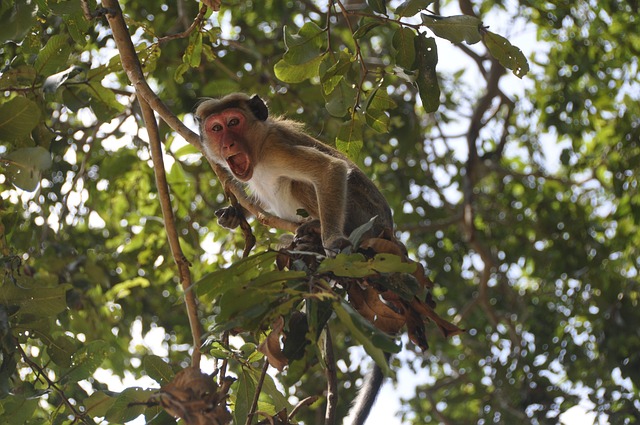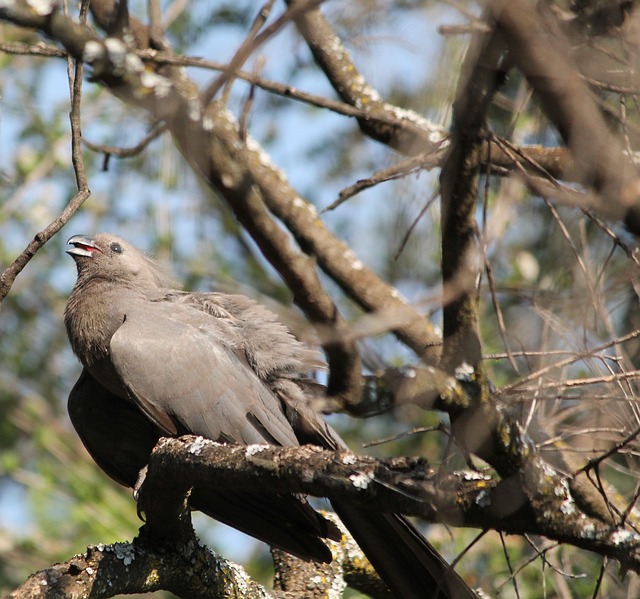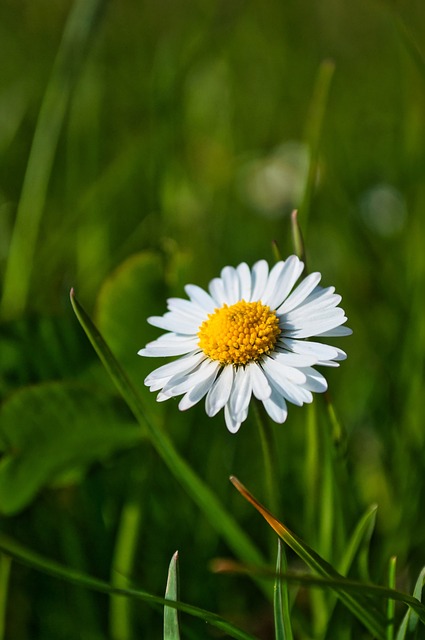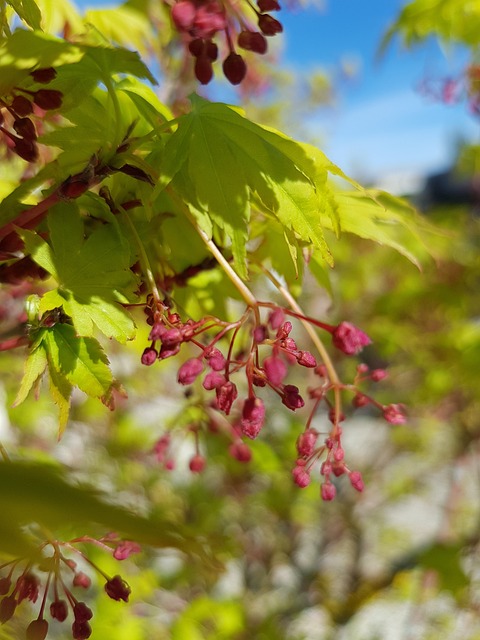sri lanka bhutan 😎 A Comparative Analysis of Sri Lanka and Bhutan: Governance, Development, and Cultural Identity

Olá, pessoal! O tema de hoje é sri lanka bhutan, e também vamos discutir sobre sri lanka bhutan. Espero que este conteúdo traga novas perspectivas. Vamos conferir!
In the sphere of South Asian dynamics, two nations stand out not only for their geographical proximity but also for their contrasting approaches to governance and development—Sri Lanka and Bhutan. Both countries, rich in cultural heritage and historical significance, have embarked on unique paths that reflect their distinct identities and aspirations. This analysis seeks to elucidate the governance structures, development paradigms, and cultural frameworks of Sri Lanka and Bhutan, revealing both the challenges and opportunities each country faces in the contemporary global landscape.sri lanka bhutan

Sri Lanka, an island nation with a diverse population, has historically been marked by its tumultuous political landscape, characterized by both democratic transitions and periods of civil unrest. The multifaceted nature of its society, comprising various ethnic and religious groups, has posed challenges in building a cohesive national identity. The post-independence era saw the establishment of a parliamentary democracy, yet the remnants of civil conflict continue to affect its socio-political fabric. Governance in Sri Lanka is often scrutinized in the context of human rights, political representation, and economic inequality, with various factions vying for power, not just in the capital but across the broader socio-economic landscape.sri lanka bhutan
Essas informações adicionais nos ajudam a entender melhor a complexidade de sri lanka bhutan.
In contrast, Bhutan has forged a distinctive pathway centered around the concept of Gross National Happiness (GNH), which prioritizes holistic well-being over simple economic growth. This innovative governance framework was initiated to ensure that development aligns with Bhutan's cultural ethos, environmental sustainability, and spiritual heritage. The constitutional monarchy provides a unique blend of traditional authority and democratic principles, allowing for a unique political environment where civil society plays a vital role. This model has not only engendered a sense of national unity but also promoted a framework for sustainable development that other nations in the region could emulate.
Economically, Sri Lanka has navigated through various developmental phases, from being a colonial plantation economy to attempting to diversify its industrial base. While it has made substantial strides in education and health indices, the economic landscape remains fraught with challenges, including high public debt, inflationary pressures, and socio-economic disparities that have only been exacerbated by recent global crises. Furthermore, the urgency to recover from financial setbacks, such as those witnessed during recent economic turmoil, raises critical questions regarding the trajectory of its economic policies and their impact on the populace.
Conversely, Bhutan, with its smaller geographical size and population, has managed to carve an identity for itself as a global beacon for sustainable development. Adopting a cautious approach to industrialization, Bhutan has leveraged its natural resources, particularly hydropower, to drive growth while safeguarding its environmental integrity. Its commitment to preserving the environment and promoting cultural heritage amidst globalization reflects a remarkable balance that many larger nations struggle to achieve. However, Bhutan faces its own set of challenges, including pressures to liberalize its economy, climate vulnerabilities, and the preservation of its unique identity in an increasingly globalized world.sri lanka bhutan
Culturally, Sri Lanka boasts a rich tapestry woven from various influences, spanning from ancient civilizations to colonial legacies. The coexistence of Buddhism, Hinduism, Christianity, and Islam informs the nation's cultural dialogue and presents both opportunities for intercultural exchange and challenges associated with ethnic tensions. The preservation of cultural heritage has become imperative in fostering national unity, yet the legacy of conflict complicates this endeavor. Efforts to promote reconciliation and protect cultural sites are essential to restore the trust and build bridges among diverse communities.
On the other hand, Bhutan’s approach to cultural identity is deeply rooted in its Buddhist heritage, which serves as a guiding principle in its governance and social policies. The promotion of traditional arts, crafts, and the national language alongside the Buddhist ethos resonate in the hearts of its populace. The nation’s dedication to preserving its cultural heritage amidst modernization distinguishes Bhutan as a unique model of heritage conservation in a rapidly changing world.sri lanka bhutan

In conclusion, the case of Sri Lanka and Bhutan presents a compelling study in contrasts—each forging its path rooted in historical legacies and cultural identities. While Sri Lanka grapples with the complexities of managing diverse voices within its society, Bhutan stands as a testament to the possibility of integrating traditional values within a modern framework of governance. Both nations offer invaluable lessons in navigating the intricate landscape of socio-economic development and cultural preservation, urging us to question the very foundations upon which nations build their futures. As the global community continues to confront increasingly interconnected challenges, the insights gleaned from Sri Lanka and Bhutan can not only inform national policies but also inspire broader regional collaborations that honor both diversity and unity.
A apresentação sobre sri lanka bhutan e sri lanka bhutan chegou ao fim, esperamos vê-lo novamente na próxima vez!
Fale conosco. Envie dúvidas, críticas ou sugestões para a nossa equipe através dos contatos abaixo:
Telefone: 0086-10-8805-0795
Email: portuguese@9099.com


